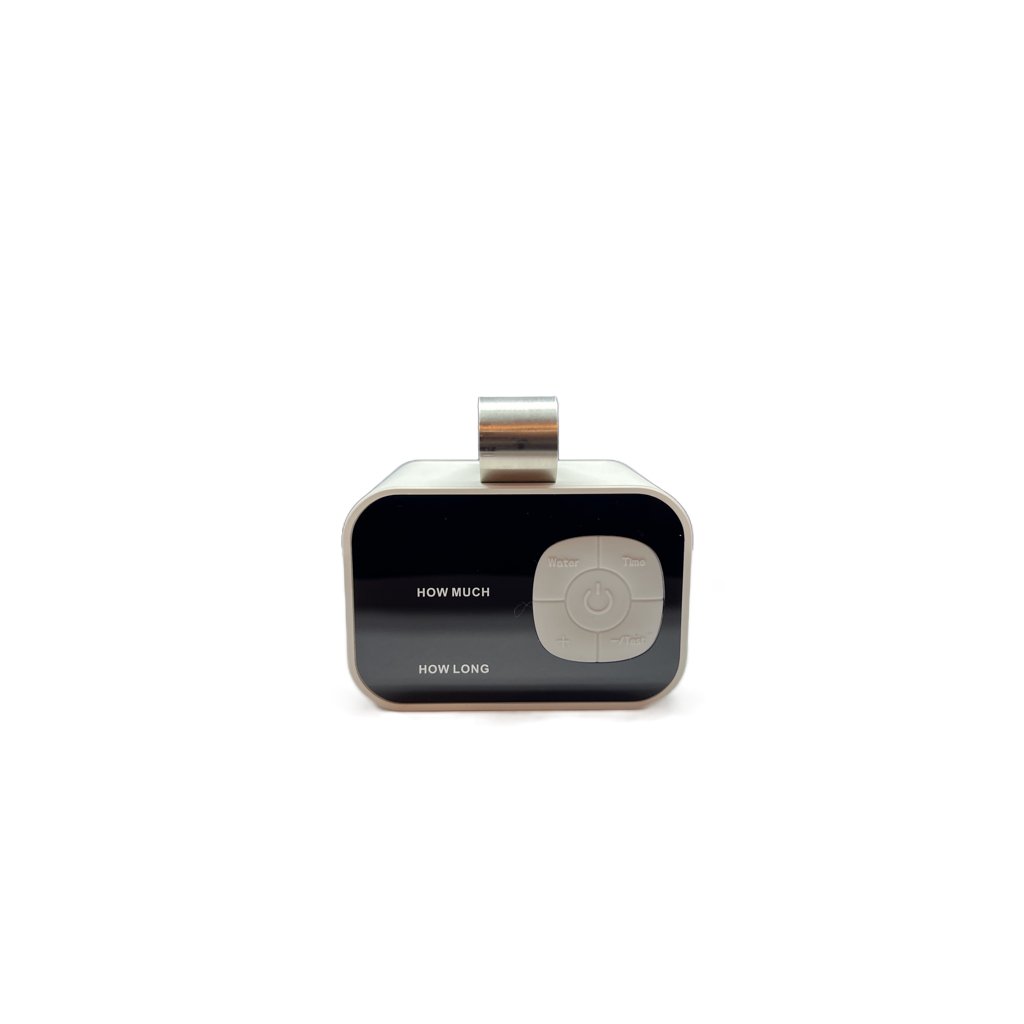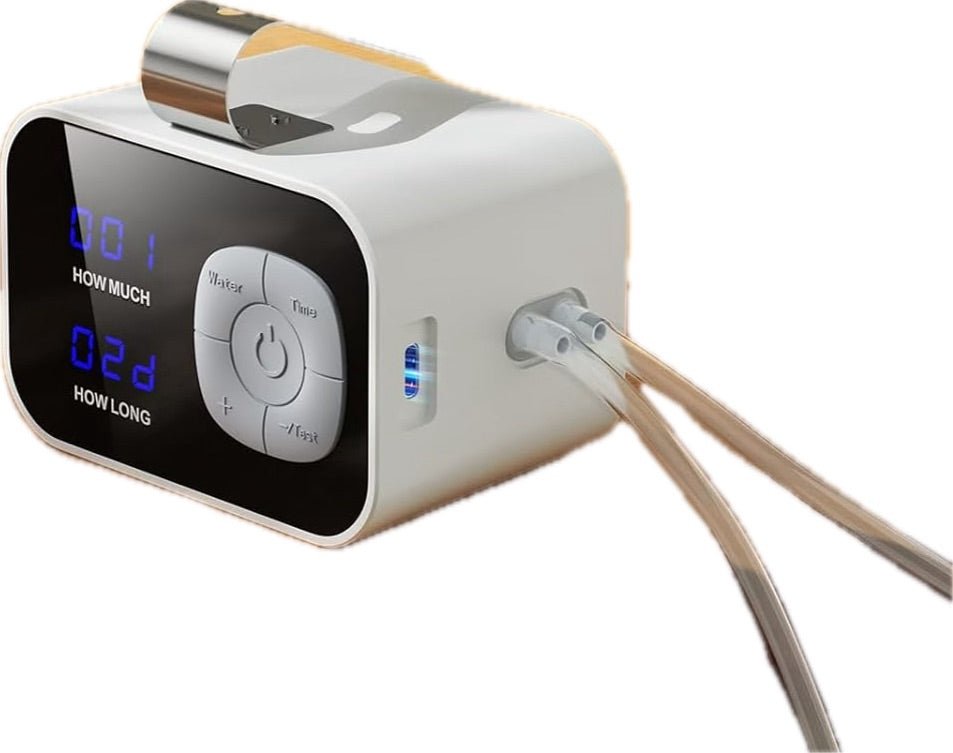DIY vs. Professional HVAC Maintenance: What You Need to Know
Share
Introduction:
Maintaining your HVAC system is crucial for ensuring it operates efficiently, prolongs its lifespan, and keeps your home comfortable throughout the year. While some maintenance tasks are simple enough for most homeowners to handle, others require the expertise of a professional. Understanding the difference between DIY maintenance and tasks that should be left to professionals can save you time, money, and ensure your system runs smoothly.
DIY HVAC Maintenance Tasks:
Regularly changing or cleaning air filters: Air filters should be checked monthly and changed or cleaned as needed. This is a simple task that can significantly impact your system's efficiency and indoor air quality.
Cleaning the exterior unit: Over time, your HVAC's outdoor unit may accumulate leaves, dirt, and debris that can obstruct airflow. Gently cleaning the unit and ensuring it has clear space around it is a task most homeowners can manage.
Checking and clearing AC drain lines: The AC drain line can become clogged, leading to water backup and potentially damaging your system. Using AC Drain FLO can prevent these clogs by automatically clearing the line, a straightforward addition that homeowners can install.
Ensuring vents are not blocked: Furniture, curtains, or rugs should not obstruct your home's air vents. Ensuring proper airflow can be easily managed without professional help.
Professional HVAC Maintenance Tasks:
Annual inspections: A professional HVAC technician should inspect your system at least once a year. They have the expertise to check electrical connections, lubricate moving parts, and identify wear and tear that could lead to future problems.
Repairing or replacing parts: If a component of your HVAC system fails or is showing signs of wear, a professional should handle the repair or replacement to ensure it's done correctly.
Deep cleaning the system: While homeowners can manage superficial cleaning, the internal components of your HVAC system, such as the coils and blower motor, require professional cleaning to avoid damage.
Handling refrigerants: Any task involving refrigerants, such as recharging your AC, must be performed by a certified professional due to the environmental regulations and the technical knowledge required.
Conclusion:
Understanding the balance between DIY and professional HVAC maintenance can ensure your system remains in top condition while avoiding unnecessary costs or damage. Regularly changing air filters, using solutions like AC Drain FLO, and keeping the exterior unit clean are tasks within most homeowners' capabilities. However, annual inspections, repairs, and handling refrigerants should always be left to professionals. By recognizing when to call in the experts, you can maintain an efficient, effective HVAC system that provides comfort and safety for your home year-round.
Maintaining your HVAC system is crucial for ensuring it operates efficiently, prolongs its lifespan, and keeps your home comfortable throughout the year. While some maintenance tasks are simple enough for most homeowners to handle, others require the expertise of a professional. Understanding the difference between DIY maintenance and tasks that should be left to professionals can save you time, money, and ensure your system runs smoothly.
DIY HVAC Maintenance Tasks:
Regularly changing or cleaning air filters: Air filters should be checked monthly and changed or cleaned as needed. This is a simple task that can significantly impact your system's efficiency and indoor air quality.
Cleaning the exterior unit: Over time, your HVAC's outdoor unit may accumulate leaves, dirt, and debris that can obstruct airflow. Gently cleaning the unit and ensuring it has clear space around it is a task most homeowners can manage.
Checking and clearing AC drain lines: The AC drain line can become clogged, leading to water backup and potentially damaging your system. Using AC Drain FLO can prevent these clogs by automatically clearing the line, a straightforward addition that homeowners can install.
Ensuring vents are not blocked: Furniture, curtains, or rugs should not obstruct your home's air vents. Ensuring proper airflow can be easily managed without professional help.
Professional HVAC Maintenance Tasks:
Annual inspections: A professional HVAC technician should inspect your system at least once a year. They have the expertise to check electrical connections, lubricate moving parts, and identify wear and tear that could lead to future problems.
Repairing or replacing parts: If a component of your HVAC system fails or is showing signs of wear, a professional should handle the repair or replacement to ensure it's done correctly.
Deep cleaning the system: While homeowners can manage superficial cleaning, the internal components of your HVAC system, such as the coils and blower motor, require professional cleaning to avoid damage.
Handling refrigerants: Any task involving refrigerants, such as recharging your AC, must be performed by a certified professional due to the environmental regulations and the technical knowledge required.
Conclusion:
Understanding the balance between DIY and professional HVAC maintenance can ensure your system remains in top condition while avoiding unnecessary costs or damage. Regularly changing air filters, using solutions like AC Drain FLO, and keeping the exterior unit clean are tasks within most homeowners' capabilities. However, annual inspections, repairs, and handling refrigerants should always be left to professionals. By recognizing when to call in the experts, you can maintain an efficient, effective HVAC system that provides comfort and safety for your home year-round.







